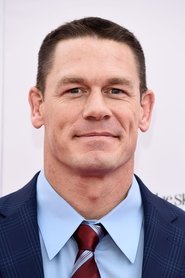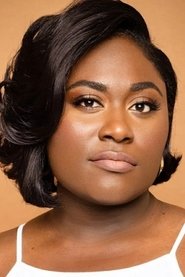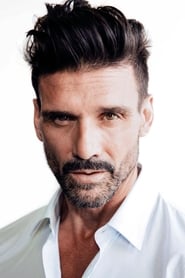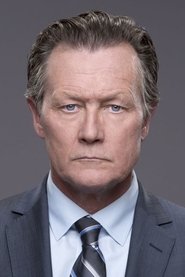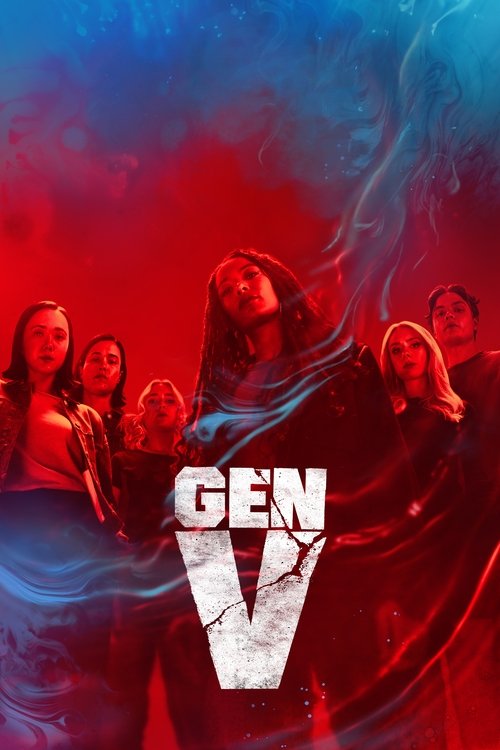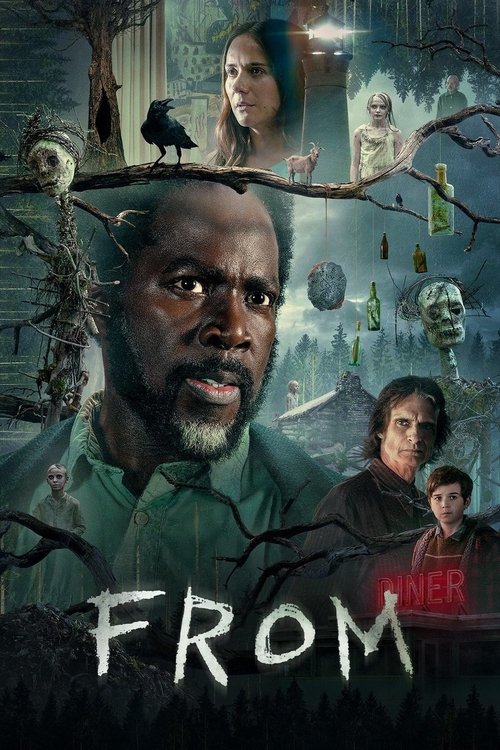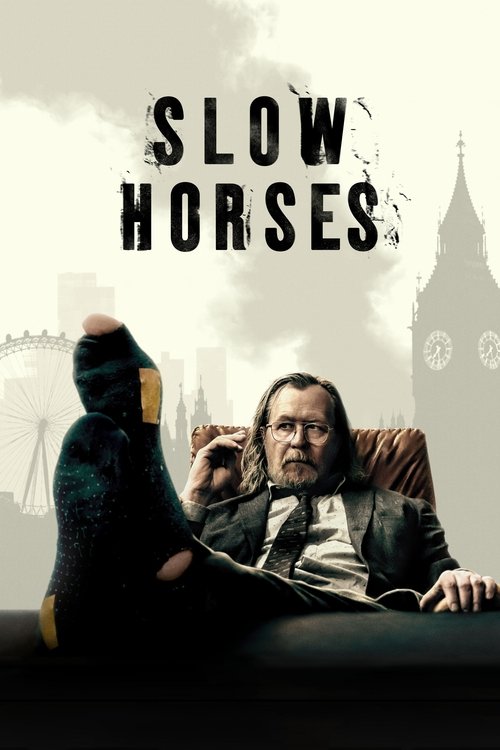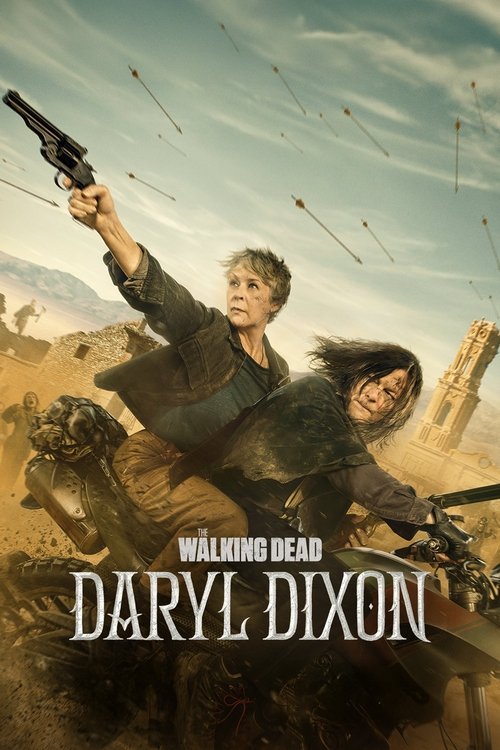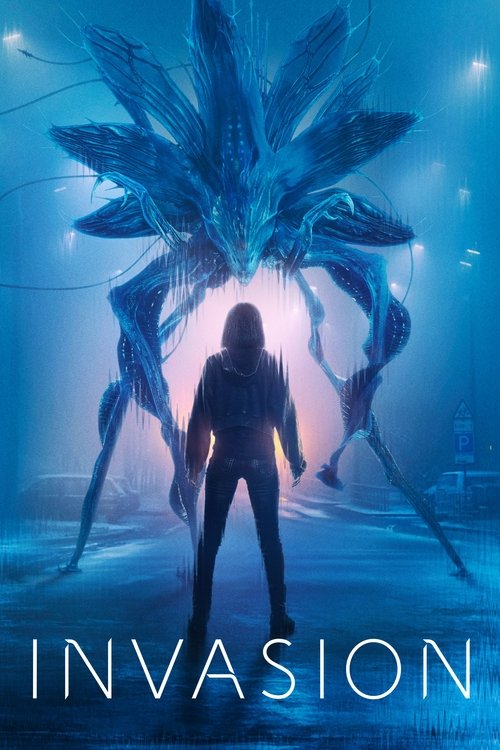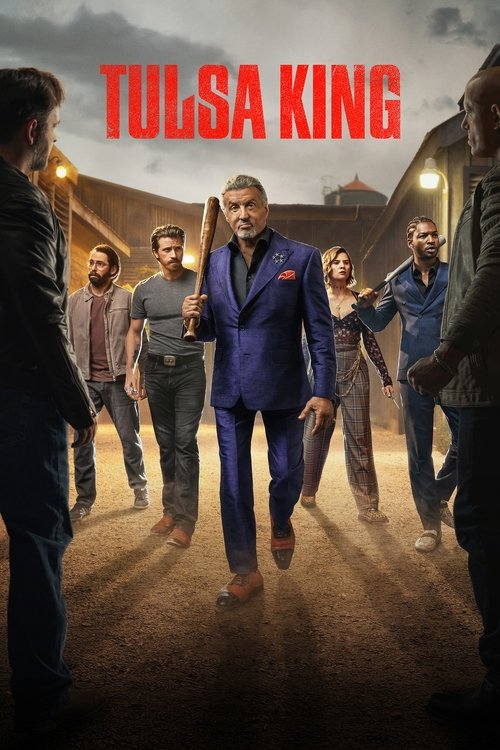
Ask Your Own Question
What is the plot?
The episode begins with Peacemaker, played by John Cena, recovering from the events of the previous episodes. He is in a hospital bed, reflecting on his past and the choices he has made. His internal struggle is evident as he grapples with his violent tendencies and the moral implications of his actions. The scene is interspersed with flashbacks of his childhood, showcasing his complicated relationship with his father, who instilled in him a warped sense of justice.
After his recovery, Peacemaker is picked up by his team, which includes Adebayo, Harcourt, and Economos. They are on a mission to track down a target named Goff, who is a key figure in the ongoing conflict. The team discusses their plan in a van, highlighting the tension between Peacemaker and Adebayo, who is still trying to prove herself to the group. Peacemaker's bravado and overconfidence clash with Adebayo's more cautious approach, setting the stage for their dynamic throughout the episode.
The team arrives at a location where they believe Goff is hiding. They prepare for a confrontation, and Peacemaker is eager to prove himself as the leader. As they enter the building, the atmosphere is tense, filled with the anticipation of a potential fight. They split up to cover more ground, with Peacemaker taking the lead. The camera follows him closely, capturing his determination and eagerness to engage in combat.
During their search, they encounter a group of armed guards. A fight breaks out, and Peacemaker showcases his combat skills, taking down several guards with a mix of brute force and his signature weapons. The choreography of the fight is intense, with close-ups of Peacemaker's expressions of joy and rage as he revels in the violence. Adebayo and Harcourt also engage in the fight, but their styles contrast with Peacemaker's, highlighting the differences in their approaches to conflict.
As the fight continues, the team discovers that Goff is not just a human but a butterfly, a creature that has taken over a human host. This revelation shifts the team's focus, as they realize they are dealing with a much larger threat than they initially anticipated. Peacemaker's reaction is one of confusion and frustration, as he struggles to reconcile his mission with the new information about Goff's true nature.
The team regroups to discuss their next steps. Adebayo suggests a more strategic approach, while Peacemaker insists on taking immediate action. This disagreement escalates into a heated argument, revealing the underlying tensions within the group. Peacemaker's desire for glory clashes with Adebayo's more pragmatic viewpoint, creating a rift that threatens their mission.
In a pivotal moment, Peacemaker decides to go after Goff alone, believing he can handle the situation without the team's help. He storms off, determined to prove his worth. The scene captures his internal conflict, as he battles between his need for validation and the reality of the danger he faces. The audience can feel the weight of his decisions as he walks away from his teammates.
Peacemaker confronts Goff in a dramatic showdown. The setting is dark and claustrophobic, heightening the tension. Goff, in his butterfly form, reveals his intentions and the larger conspiracy at play. Peacemaker, caught off guard, struggles to adapt to this new threat. The dialogue is charged, with Goff taunting Peacemaker about his past and his motivations. This confrontation forces Peacemaker to confront his own beliefs about justice and heroism.
As the fight ensues, Peacemaker uses a combination of brute strength and clever tactics to try to subdue Goff. The battle is chaotic, with Goff using his powers to evade Peacemaker's attacks. The choreography is dynamic, showcasing Peacemaker's physicality and determination. However, Goff's abilities prove to be a significant challenge, pushing Peacemaker to his limits.
In a moment of desperation, Peacemaker manages to gain the upper hand, using a weapon that he had previously dismissed as unnecessary. This decision marks a turning point in the fight, as he finally embraces the darker aspects of his character. The scene is intense, with close-ups of Peacemaker's face reflecting his internal struggle as he grapples with the violence he is inflicting.
Ultimately, Peacemaker succeeds in defeating Goff, but not without consequences. The victory is bittersweet, as he realizes the implications of his actions and the cost of his quest for validation. The episode ends with Peacemaker returning to his team, who are both relieved and concerned about his reckless behavior. The tension between Peacemaker and Adebayo remains unresolved, setting the stage for future conflicts as they continue their mission.
What is the ending?
In the ending of "Better Goff Dead," Peacemaker and his team confront the butterfly-infested Goff, leading to a tense showdown. Peacemaker ultimately kills Goff, but not before a significant emotional moment occurs between him and his father, who appears in a vision. The episode concludes with the team realizing the gravity of their mission and the implications of the butterfly threat.
As the episode nears its conclusion, the tension escalates within the warehouse where Peacemaker and his team are holed up. The atmosphere is thick with anticipation as they prepare to confront Goff, who has been revealed to be a key figure in the butterfly invasion. The team, consisting of Peacemaker, Vigilante, Harcourt, and Economos, is on high alert, each member grappling with their own fears and motivations.
Scene by scene, the confrontation unfolds. Peacemaker, driven by his desire to prove himself and fulfill his mission, leads the charge. The team enters the dimly lit warehouse, weapons drawn, hearts racing. The air is heavy with the scent of sweat and tension as they navigate through the shadows, their flashlights cutting through the darkness.
As they finally come face to face with Goff, the atmosphere shifts. Goff, a butterfly-infested human, exudes a sense of menace, his eyes glinting with an otherworldly light. The team is momentarily paralyzed by the sight, but Peacemaker, fueled by a mix of bravado and desperation, steps forward. He is determined to eliminate the threat, but the weight of his past actions and the expectations of his father loom large in his mind.
In a pivotal moment, Peacemaker is confronted by a vision of his father, who embodies the toxic ideals that Peacemaker has struggled against. This vision serves as a haunting reminder of his upbringing and the conflicting values he grapples with. The emotional turmoil is palpable as Peacemaker wrestles with his identity and the legacy he wishes to leave behind.
As the confrontation escalates, Peacemaker makes the fateful decision to kill Goff. The shot rings out, echoing through the warehouse, and Goff collapses, lifeless. The team stands in stunned silence, the gravity of their actions settling in. Peacemaker's face reflects a mix of relief and sorrow, as he realizes the cost of their mission and the darkness that still resides within him.
In the aftermath, the team processes the events that have transpired. Harcourt, Economos, and Vigilante each express their own feelings about the mission and the moral complexities they face. Peacemaker, however, is left to confront his inner demons alone. The episode closes with a sense of unresolved tension, as the team acknowledges the ongoing threat of the butterflies and the challenges that lie ahead.
In summary, Peacemaker's fate is one of continued struggle, as he grapples with the consequences of his actions and the expectations placed upon him. The team, while united in their mission, is left to navigate the complexities of their own motivations and the moral ambiguities of their fight against the butterfly invasion. The episode ends on a note of uncertainty, highlighting the ongoing conflict both externally with the butterfly threat and internally within Peacemaker himself.
Is there a post-credit scene?
In "Better Goff Dead," the third episode of Peacemaker, there is indeed a post-credit scene. This scene features a humorous and unexpected moment that adds to the show's irreverent tone.
The scene opens with Peacemaker, played by John Cena, in a somewhat vulnerable state as he is recovering from the events of the episode. He is in a hospital bed, and the atmosphere is lightened by the presence of his father, Auggie Smith, who is portrayed by Robert Patrick. Auggie is seen in a comically exaggerated manner, expressing his disappointment in Peacemaker's recent actions and decisions.
As the conversation unfolds, Auggie's over-the-top criticism is juxtaposed with Peacemaker's attempts to defend himself, showcasing their strained father-son relationship. The dialogue is laced with dark humor, typical of the series, as Peacemaker tries to justify his choices while Auggie continues to berate him.
The scene culminates in a moment that highlights Peacemaker's internal struggle with his identity and the expectations placed upon him by his father. It serves as a comedic yet poignant reminder of the complexities of their relationship, setting the stage for future character development.
Overall, the post-credit scene encapsulates the show's blend of action, humor, and emotional depth, leaving viewers with a mix of laughter and contemplation about Peacemaker's journey.
What is the significance of the butterfly in this episode?
In this episode, the butterfly symbolizes the alien threat that Peacemaker and his team are trying to combat. The butterflies are revealed to be parasitic creatures that take over human hosts, which adds a layer of urgency and horror to their mission.
How does Peacemaker's relationship with his father affect his actions in this episode?
Peacemaker's strained relationship with his father, who is a former supervillain, deeply influences his motivations. Throughout the episode, Peacemaker grapples with his father's expectations and his own desire to prove himself, leading to moments of vulnerability and conflict.
What role does Vigilante play in this episode?
Vigilante serves as both comic relief and a loyal ally to Peacemaker. His overzealous approach to crime-fighting often clashes with Peacemaker's more serious demeanor, but he also provides crucial support during their missions, showcasing his unwavering commitment to their cause.
How does the team handle the discovery of the Goff character?
The team is initially shocked to discover that Goff, a seemingly harmless character, is actually a butterfly host. This revelation leads to tension and moral dilemmas as they must decide how to deal with Goff, highlighting the complexities of their mission and the nature of the enemies they face.
What internal conflicts does Peacemaker face regarding his violent methods?
Throughout the episode, Peacemaker struggles with the morality of his violent methods. He is torn between his belief in achieving peace at any cost and the realization that his actions may have dire consequences for innocent lives, leading to moments of self-reflection and doubt.
Is this family friendly?
"Peacemaker" is known for its mature themes and content, and episode 3, "Better Goff Dead," contains several elements that may be objectionable or upsetting for children or sensitive viewers. Here are some aspects to consider:
-
Violence: The episode features graphic violence, including intense fight scenes and the aftermath of violent confrontations, which may be disturbing to younger audiences.
-
Strong Language: There is frequent use of profanity throughout the episode, which may not be suitable for children.
-
Dark Humor: The show employs dark and sometimes crude humor that may not resonate well with all viewers, particularly younger ones.
-
Mature Themes: The episode touches on themes of betrayal, moral ambiguity, and the complexities of familial relationships, which may be heavy for sensitive viewers.
-
Death and Injury: There are scenes that depict death and injury in a graphic manner, which could be upsetting.
Overall, "Better Goff Dead" is not considered family-friendly and may be more appropriate for mature audiences.


